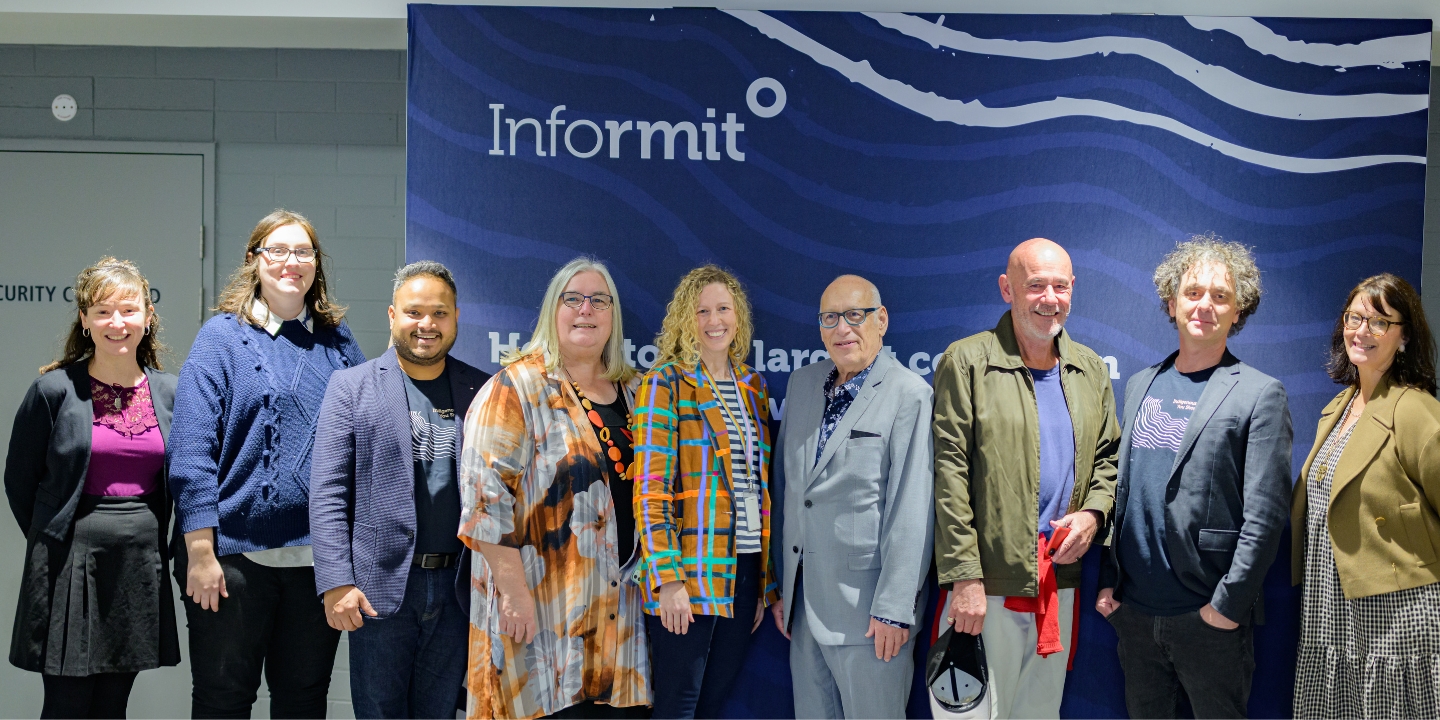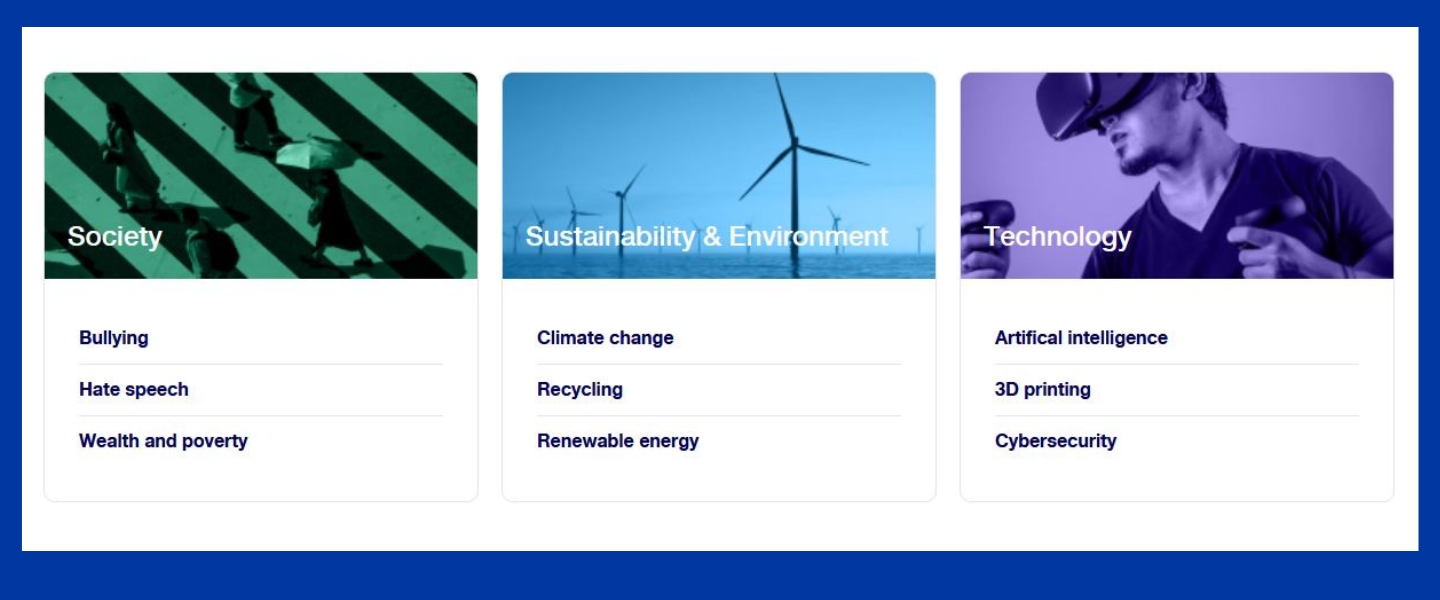
New research database a trusted source for Australian students
ACER news 29 May 2024 4 minute readAn Australian research database that promotes critical thinking and counters misinformation is now available to secondary school students, schools and public libraries.
The Australian Council for Educational Research (ACER) has partnered with Informit – an online source of journals, books, reports and videos for academics and library communities – to develop and curate content on significant social issues that affect Australians.
Informit Explore, which was launched this month, features 100 short essays that expand on 10 topics. They include health and human development, Indigenous Australia, literature, media, art and culture, economics, mental health, politics, the environment, and technology.
It suggests reading and comprehension levels for introductory, intermediate and advanced student access, and encourages critical thinking with alignment to the Australian curriculum.
Australian-centric resources, including an extensive collection of Aboriginal and Torres Strait Islander publications, is just one reason the new site could be a gamechanger for Australian schools and students, Pru Mitchell, Manager of ACER Information Services, says.
Previously, many students, schools and public libraries may have been forced to rely on United States’ research databases.
Speaking at the launch, Ms Mitchell noted other issues that may have affected student research, including curriculum challenges, teacher shortages, and a lack of trust in artificial intelligence.
‘Informit Explore is a crucial lifeline for schools, saving time, providing essential resources, and offering access to Australian content and trusted sources, which is vital for teaching in an Australian context,’ she said.

Expert contributors, including ACER researchers who are also teachers, based their essays on their research and understanding in specific areas, and crafted questions to prompt discussion.
ACER Research Fellow Marc Barrett has contributed to the topic ‘Media, art and culture’, writing on controversial issues such as media conspiracies, truth in advertising, fake news and censorship.
‘Misinformation can influence behaviour and how people interact with the world, so it has the power to point people in the wrong direction. As a consequence, it can be very dangerous,’ Mr Barrett says.
‘The echo chamber of social media, where people stay in their silos of self-affirming points of view, can amplify the effects of misinformation and make it seem more real because everyone appears to have the same thoughts.’
Having access to a source of information based on research and the prevailing thinking that has come from that research is particularly important for young people, Mr Barrett says.
‘They’re at an age where they are becoming more strident in their opinions and I think it’s critical to have some touchstone that says this what we agree to be true, at least at an academic level.’
Informit was originally built by RMIT University as a gateway to scholarly journals and now partners with Australian and New Zealand publishers to aggregate authoritative content through subscription.
More information
Watch a video on Informit Explore
Learn more about Informit Explore
Visit the ACER Research Repository
